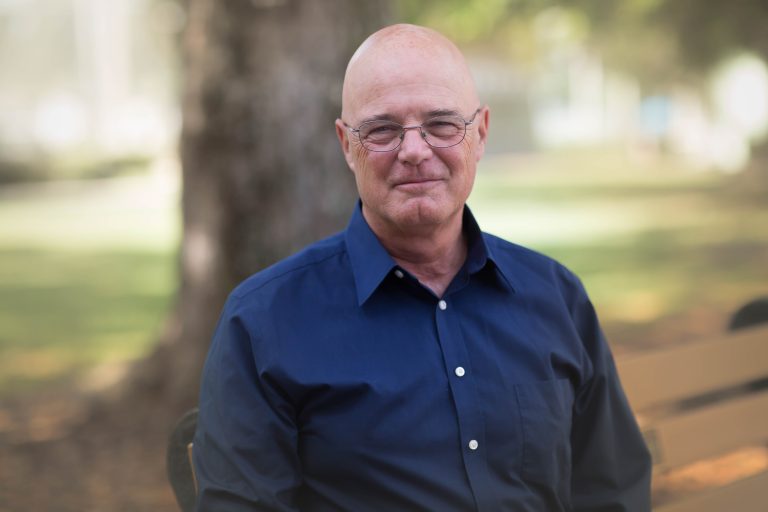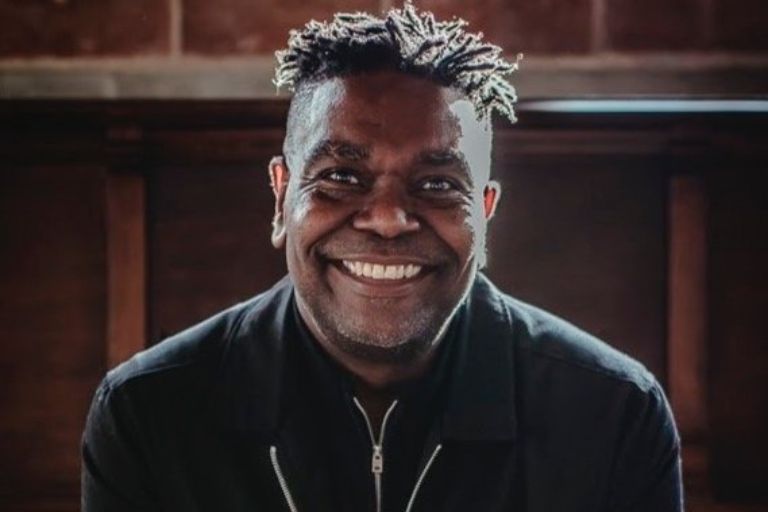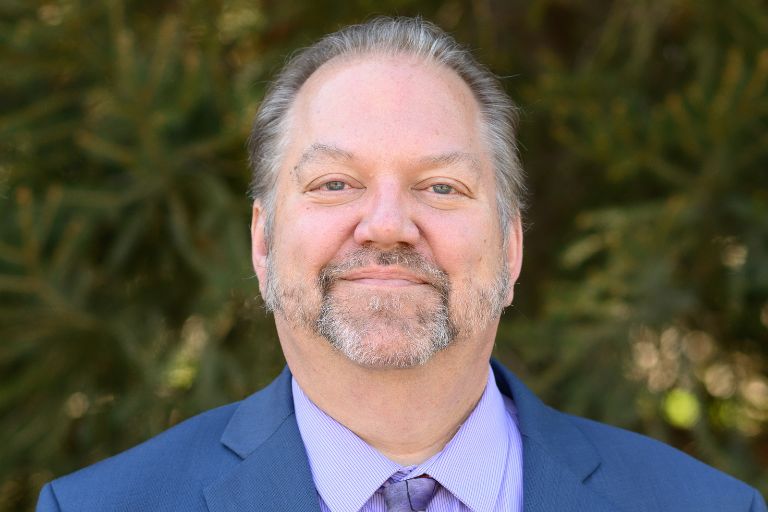Pastoring in Polarizing Times All Access Pass
Experience Ultimate Convenience with the All Access Pass.
- 6 Sessions
- On-Demand Videos
- Downloadable Audio Sessions
- 6-Month Unlimited Access
- All Session Transcripts
- Only $47

What you will learn

Learn to lead through conflict without losing yourself.

Restore connection with your calling and your people.

Receive practices for healing fractured communities.
Purchase Your All-Access Pass!
How it Works…
Who is the Summit for?
This summit is for ministry leaders who are navigating the complexities of leadership in a divided world.
Whether you’re a pastor, clergy member, or faith leader serving in congregations or communities, if you’ve found yourself asking:
- How do I lead with courage when everything feels so fragile?
- How do I speak truth without alienating people I love?
- Is there a way forward that honors both my calling and my community?
Then this space was created with you in mind.
How do I access the Virtual Summit?
First, you purchase the All Access Pass. At this time, you will create an account to access your pass. Once you are done, you will receive a welcome email with the link to your video sessions. If logged in, you can access your pas here https://transformingengagement.org/account/?action=courses
Details about the Summit
The All Access Pass is good for 6 months!
During this time you will be have unlimited access to watch the video sessions. You will also have the ability to download the mp3 audio to listen offline. All transcript files will be available on each video sesion page.
If at any time you need help or assistance with your account, please email us at transforming@theseattleschool.edu.

You didn’t enter ministry to referee political battles.
You were called to preach good news and love people well.
But now, every sermon feels risky.
Speak up, and you're too political.
Stay quiet, and you're complicit.
Even community service feels controversial.
You’re not alone.
Leaders everywhere are carrying this tension—longing for a faithful, loving way forward.
We see you.
And we want to walk with you.
Speakers & Session Information
Topic: “When the past and present are a mess, imagine a better future”
In times of stress and uncertainty, many long to return to what once felt familiar, even if that past is only imagined. But the biblical prophets call us forward, not backward, inviting us to envision a future shaped by justice, hope, and renewal.
This session explores the power of prophetic imagination to guide us beyond polarization and paralysis. Rather than reacting to the chaos of the present or idealizing the past, leaders are invited to cultivate a vision compelling enough to draw communities toward something new.
Especially in seasons when there’s no going back, this kind of faithful imagination helps us begin sowing the seeds of a better future, one rooted in courage, compassion, and shared purpose.
Topic: “Using Storytelling for Connection”
Stories are more than illustrations; they’re how we make sense of the world, find belonging, and encounter grace in everyday life.
In this session, you’ll explore the power of storytelling as a tool for authentic connection in ministry. Learn why stories matter so deeply to us, how to craft stories that resonate, and what it means to hold someone else’s story with care and integrity.
For those who are preaching, pastoring, or simply trying to connect across differences, storytelling can help bridge the gap and remind us of our shared humanity.
Topic: “New Ways for a New World: Leadership Beyond Boxes, Binaries, and Borders”
In these unprecedented times, faith leaders won’t be able to think, strategize, or theologize our way to something new. We need new ways for this new world, and it starts with embodying more healthy and tangible practices personally and as communities that reflect our truest values, heal wounds, catalyze freedom, and cultivate community.
Andi Saccoccio & Rebecca Walston
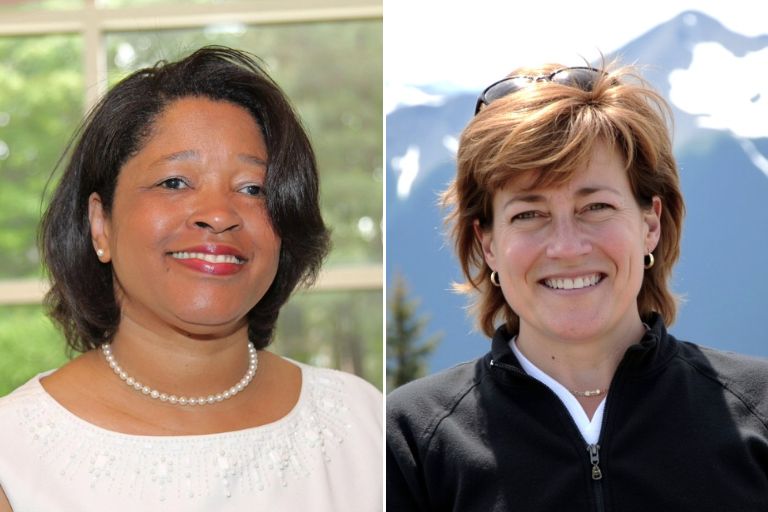
Rev. Andrea (Andi) Saccoccio, M.Div., D.Min.
Website
Rebecca Wheeler Walston, MA, J.D.
Website
Topic: “A Call to Civic Discipleship”
This session explores how the church can faithfully respond to growing polarization in our political and cultural landscape. You’ll gain tools and language to help facilitate courageous conversations in your community and learn how to bridge divides without compromising your convictions.
Rooted in cross-denominational wisdom, this conversation invites clergy and Christian leaders to imagine a healthier relationship between faith and public life—one marked by truth, love, and collective flourishing.
Rachael Clinton Chen
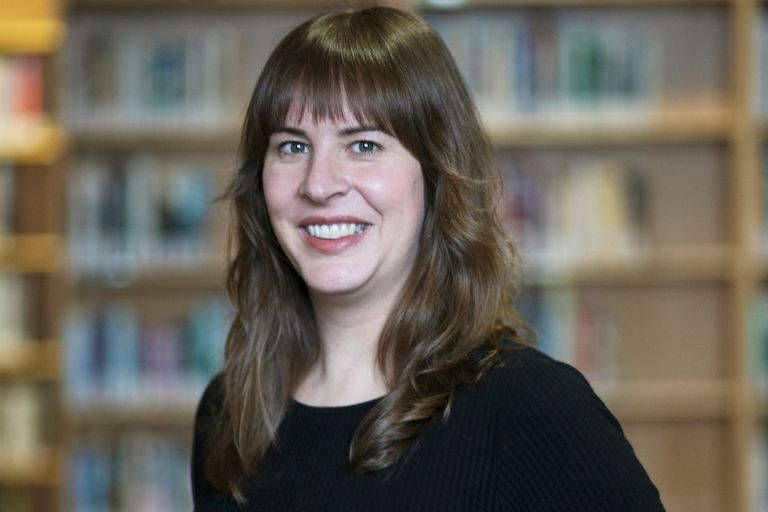
Topic: “Tending the Wounds: The Power of Lament in Fragmented Times”
Participants will explore how lament can be integrated into pastoral care and leadership to tend to both personal and collective wounds. Rooted in theological reflection and practical wisdom, this conversation offers hope for restoring trust and wholeness within fractured communities of faith.
Topic: “Effective Storytelling for Preaching”
In preaching, we need to tell real-life stories to illustrate what Paul Scott Wilson calls both the Trouble and the Grace in any given sermon. As part of the mantra “Show, Don’t Tell,” preachers need to be able to display what they are talking about, showing what a given theme or idea looks like in action on a given Wednesday afternoon or Friday morning.
Solid stories help people be able to recognize their own lives in sermons as well as equipping them to recognize the in-breaking of God’s grace in everyday life when they see it.

